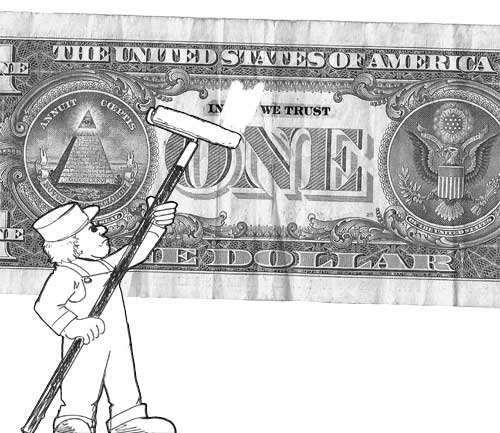
Just try to imagine a country where someone’s religion does not get in everyone’s way. A place where church and state, religion and politics all stayed far, far away from each other.
This is not just an agnostic’s wet dream anymore, it is becoming a reality.
In light of last week’s election results, it is clear that the power of religion over politics in this country is starting to fall by the wayside. And as a young, non-religious person, I am thrilled.
A recent study released last month by the Pew Forum on Religion and Public Life shows that about onefifth of Americans, or around 19.6 percent of the population, consider themselves “religiously unaffiliated,” and 6 percent of this statistic includes atheists and agnostics. About one-third of these 46 million people are under the age of 30.
The study also showed that while these people do not affiliate with a particular religion, 68 percent of them still believe in a god and 37 percent consider themselves “spiritual, but not religious.” One in five of those surveyed also said they pray every day.
This data presents an interesting possibility: a strong, non-religiously affiliated youth vote. And this change in demographics will have a big, positive impact on what issues will take center stage in politics, be presented on future ballots and be important to our society in general. And this past election was simply the start.
Maine, whose voters rejected a gay marriage initiative just three years ago, Maryland and Washington all legalized gay marriage. This is a huge accomplishment for civil rights and the LGBT community as a whole. After years of a very traditional, outspoken religious right opposing same-sex marriage, it appears that the American public has changed its mind, and its vote.
This is just the first step in the right direction. There are so many possibilities with a more secular society: more accessible birth control, safe and legal abortions, marriage equality and opportunities to close the gender and class gaps.
This shift in demographics isn’t the only catalyst for social change in this country. All of this social achievement is aided by the fact that people who are religious are taking their beliefs out of their politics. The greatest example of this is Vice President Joe Biden, who, while on the campaign trail, talked about how he believes in the right for women to have abortions, even though he doesn’t personally support them according to his faith.
America is finally starting to follow the important principle of the separation of church and state, and it’s about time. The attitude of “I don’t like this, so no one else can have it!” which has permeated our politics, is reminiscent of a cranky preschooler throwing a tantrum. But with this sudden surge in secular politics, the immature child is finally taking a timeout.





